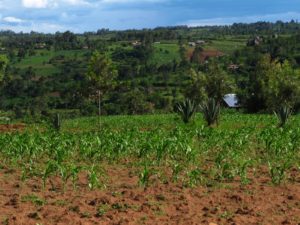Poverty, Water, Climate Change, & Health in Sub-Saharan Africa

As described below (see other project summaries), the Multidimensional Poverty Assessment Tool (MPAT) was created in two phases (from 2008 to 2014) via a collaborative, international initiative to develop, test, and pilot a new tool for local-level rural poverty assessment. The work was guided by a Sounding Board of experts from the International Fund for Agricultural Development (IFAD), other United Nations agencies, international and regional organizations, and universities around the world (see www.ifad.org/mpat). Following MPAT’s finalization and institutionalization in 2014, it was used in multiple countries including many in Sub-Saharan Africa. We are currently working on multiple desk-based studies with a variety of collaborators to analyze data from ~7,000 households across Eswatini, Kenya, Lesotho, Mali, Tanzania, and Zimbabwe. Because MPAT was developed based primarily on data from Bangladesh, China, India, and Mozambique, one study we are leading is an updated assessment and evaluation of MPAT’s indicator structure and robustness based on its use in the sub-Saharan region. Other studies we are working on focus on a cross-county analyses of MPAT’s water, climate change, and health focused components and sub-components, and related programs and interventions. We anticipate publishing a number of papers on this research in 2024.
